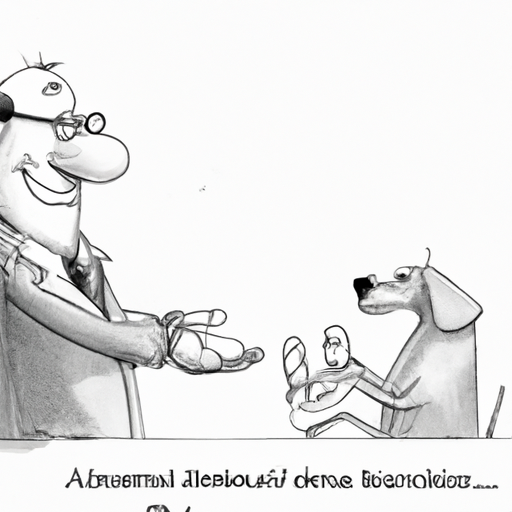As a caregiver for your furry friend, you may be wondering what antihistamines are safe for your dog. Allergies, after all, are not exclusive to humans. Dogs too can suffer from various allergic reactions that may cause them to itch, sneeze, or even develop serious conditions. This guide will help you understand the types of antihistamines that are safe for dogs and those that aren’t.
1. Understanding Antihistamines and Their Use in Dogs
Antihistamines are medications that block the effects of histamines, which are chemicals released by the body during an allergic reaction. They can help alleviate symptoms such as itching, sneezing, and hives. However, not all antihistamines are safe for dogs.
It’s important to know that antihistamines are not a cure for allergies in dogs, but they can help manage the symptoms. It’s always best to consult your vet before giving any medication to your dog.
Here are some common antihistamines and their uses in dogs:
| Antihistamine | Use in Dogs |
|---|---|
| Diphenhydramine (Benadryl) | Allergies, Anxiety, Motion Sickness |
| Cetirizine (Zyrtec) | Allergies |
| Loratadine (Claritin) | Allergies |
| Fexofenadine (Allegra) | Allergies |
2. How to Administer Antihistamines to Your Dog
When giving antihistamines to your dog, it’s important to follow the correct dosage. Overdosing can lead to serious health complications. The dosage often depends on the weight of your dog. As a general rule of thumb, the dosage for Diphenhydramine (Benadryl) is 1mg per pound of body weight, given 2-3 times a day.
Here is a simple guideline:
- Dogs under 30 lbs: Consult your vet
- Dogs 30-50 lbs: 25 mg per dose
- Dogs over 50 lbs: 50 mg per dose
Remember, this is a general guideline and the exact dosage may vary depending on your dog’s specific needs. It’s crucial to consult your vet before administering any medication.
3. Possible Side Effects of Antihistamines in Dogs
While antihistamines can help relieve symptoms of allergies, they can also have side effects. Some dogs may experience drowsiness, dry mouth, urinary retention, and in rare cases, vomiting or diarrhea. If you notice any unusual behavior in your dog after administering an antihistamine, it’s best to contact your vet immediately.
4. Antihistamines to Avoid
Not all antihistamines are safe for dogs. Some may contain ingredients that are toxic to dogs. For instance, antihistamines that contain pseudoephedrine, such as Sudafed, can be harmful to your dog.
Also, antihistamines that contain alcohol or other artificial sweeteners like xylitol can be dangerous for dogs. Always read the label carefully and consult your vet before giving any medication to your dog.
5. Natural Alternatives to Antihistamines
If you prefer a more natural approach, there are several alternatives to antihistamines that can help manage allergy symptoms in dogs. Omega-3 fatty acids, for example, can help reduce inflammation and thus alleviate allergy symptoms. Quercetin, a natural flavonoid found in fruits and vegetables, has antihistamine properties and can be given to dogs as a supplement.
FAQ
Q1: Can I give my dog antihistamines without consulting a vet?
A: It’s always best to consult your vet before giving any medication to your dog. This ensures that the medication is safe and the dosage is correct.
Q2: How often can I give my dog antihistamines?
A: This largely depends on the type of antihistamine and your dog’s specific needs. However, most antihistamines can be given 2-3 times a day.
Q3: Can puppies take antihistamines?
A: Generally, it’s not recommended to give puppies any medication without consulting a vet.
Q4: What should I do if my dog has an allergic reaction to an antihistamine?
A: If your dog has an allergic reaction, stop giving the antihistamine immediately and contact your vet.
Q5: Are there any natural alternatives to antihistamines?
A: Yes, there are several natural alternatives such as Omega-3 fatty acids and quercetin that can help manage allergy symptoms in dogs.
Remember, your dog’s health is important. Always consult with your vet before administering any medication, and observe your dog closely for any signs of adverse reactions. With the right care and attention, you can help your dog live a happy, comfortable life.



